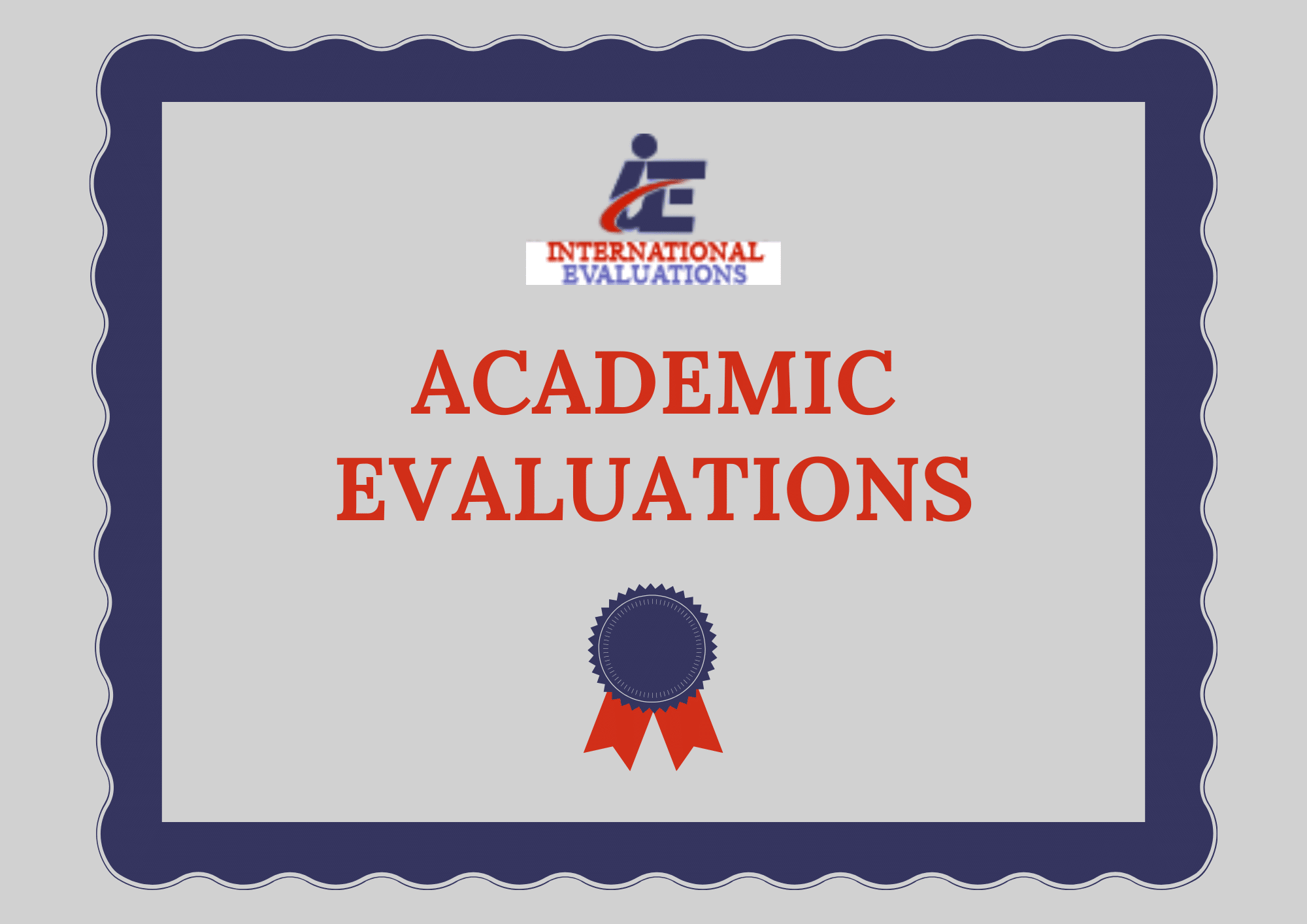Introduction
In today's competitive task market, the shift from class finding out to real-world application is more vital than ever. Trainees and experts alike are seeking methods to equate their work experiences into academic credits. This short article explores the elaborate process of assessing work experience for education credit, highlighting its significance in individual and professional advancement.
As we explore this subject, we will discuss numerous elements of academic credential evaluation, global credential evaluation services, course-by-course credential evaluation, and how they connect to work experience evaluation. Additionally, we'll check out professional opinion letters and business strategy evaluations as part of this diverse journey.
From Class to Profession: Examining Work Experience for Education Credit
The bridge between classroom education and career success typically includes recognizing the value of useful experience. Numerous trainees accumulate considerable work experience during internships or part-time tasks that might not be formally recognized by universities. But how can one ensure that these experiences count towards their academic credentials?
Why Assess Work Experience?
Evaluating work experience is necessary for several factors:
Recognition of Skills: It validates the skills gotten through hands-on experiences. Enhanced Employability: Companies increasingly seek candidates with practical understanding together with formal education. Personal Growth: Acknowledgment of previous experiences boosts self-confidence and encourages long-lasting learning.Types of Credential Evaluation
Understanding the various types of credential examinations offered can help individuals browse this procedure effectively.
Academic Credential Evaluation
Academic credential evaluation evaluates foreign academic certifications versus established requirements in another country. This process is important for global students or workers intending to prove their instructional background.
International Credential Assessment Services
These services specialize in examining foreign qualifications and determining their equivalency in the host country's academic system. They offer reports that lay out the level and kind of education got abroad.
Course-by-Course Credential Evaluation
This comprehensive analysis breaks down each course taken during a degree program, offering insights into grades earned and credit hours completed. It's especially useful for trainees aiming to transfer credits in between institutions.
Work Experience Evaluation
Work experience evaluation works as a technique to formally assess non-academic abilities gotten through work or volunteer activities. Here's how it works:
Documentation: Individuals should gather paperwork such as job descriptions, performance reviews, and any pertinent certifications. Comparative Analysis: The evaluator compares this info versus developed educational competencies. Outcome: The outcome may lead to academic credits awarded based on demonstrated knowledge and skills.The Function of Professional Opinion Letters
An expert viewpoint letter can strengthen your case when looking for credit for work experience. These letters typically originate from industry specialists who can attest to your skills and contributions in a specific field.
What Should a Specialist Viewpoint Letter Include?
- An introduction of your function in the organization Specific abilities you developed How your experiences relate to scholastic outcomes
Having a specialist endorse your capabilities not just provides reliability however also boosts your total portfolio when applying for innovative studies or positions.
Business Plan Evaluation as a Learning Tool
Creating an organization plan can be an excellent method to showcase your understanding of theoretical principles used in real-world circumstances. A comprehensive examination of a business strategy might highlight competencies such as tactical thinking, financial planning, and market analysis.
FAQs
1. What types of work experiences get approved for scholastic credit?
Typically, work experiences that straight associate with your field of study or show transferable abilities are eligible for scholastic credit.

2. How do I discover global credential evaluation services?
You can browse online directories or seek advice from educational institutions that frequently have partnerships with trusted credential evaluators.
3. Exists a charge associated with getting a skilled opinion letter?
Yes, many https://ricardofckb181.iamarrows.com/elevate-your-career-with-comprehensive-international-credential-evaluation-provider professionals charge for their time spent writing these letters; however, some might offer them pro bono depending upon the situation.
4. Can I receive credit for overdue internships?
Absolutely! Unsettled internships frequently provide important experience and can be examined similarly to paid positions.
5. The length of time does the credential examination procedure take?
The timeline varies based upon the service utilized but normally varies from a couple of weeks to numerous months.
6. Are there specific documents needed for course-by-course evaluations?
Yes, you will need transcripts from all post-secondary organizations attended, together with in-depth course descriptions when possible.
Conclusion
Transitioning from classroom knowledge to profession preparedness requires acknowledging the importance of practical work experiences in education credit evaluations. As we have actually checked out in "From Classroom to Profession: Assessing Work Experience for Education Credit," both trainees and experts stand to acquire substantially by leveraging their real-world experiences towards their scholastic goals.
By using various kinds of examinations-- be it through scholastic credential evaluations or skilled opinion letters-- people can improve their credentials while promoting long-lasting learning concepts that adhere carefully to today's vibrant workforce demands.
In summary, accepting both theoretical knowledge from class along with experiential knowing gotten through expert engagements produces well-rounded candidates ready to tackle the difficulties ahead in their careers.